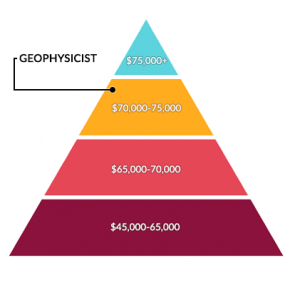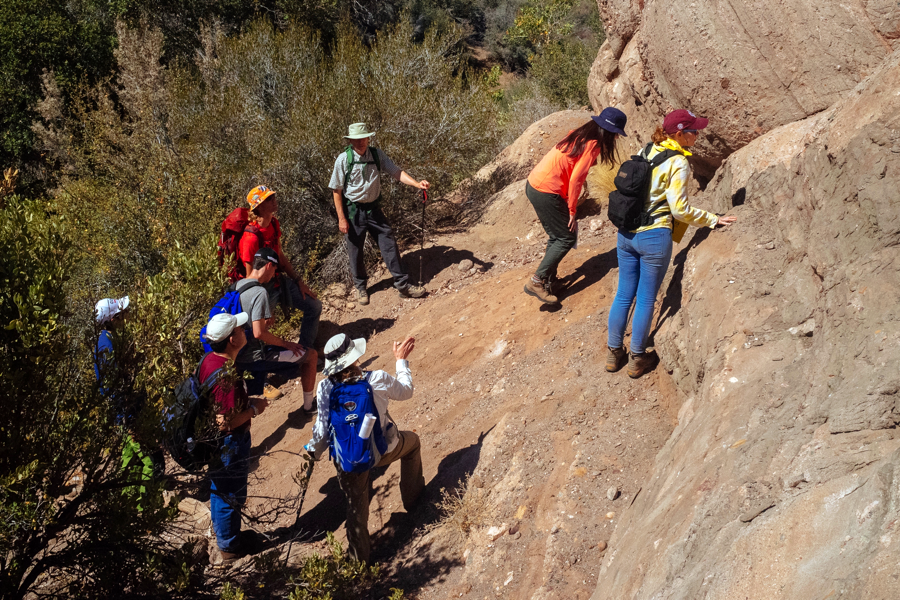All Categories
Featured
Table of Contents
Geophysical Consulting in Brentwood Aus 2023
This work is progressively contracted out, so consultancies provide another source of work. Consultancy companies differ in size, from very little companies to large multinationals. Some consultancies are rather specialised in using specific geophysical techniques or working in specific locations, while others provide a more varied series of services to their clients.
The extraction of gas from garbage dump sites is another area of employment and this may grow in the future. Exploration companies might carry out work for building and construction companies, water business, mining business and environmental firms, so geophysicists may be utilized in any of these settings. Other companies include: geological surveysgovernment bodies and agenciesuniversities and research study institutes.

Jobs may be listed in the oil and gas sector press. Recruitment is impacted by oil cost variations and the level of competitors for positions differs depending upon this. Careers Days, which cover the full variety of geoscience careers and are usually attended by a variety of key market companies, are run by The Geological Society.
Geophysical Engineerskills And Knowledge in Oakford Aus 2020
Some of the big oil and gas companies offer a complete two-year structured training program across the breadth of geophysics, including the opportunity to experience operate in numerous groups prior to specialising in one location. Your training may consist of deal with: existing wellsmagnetic and gravitational potential field data analysisresearchrock analysis. It's more normal for your preliminary training to be offered on the task.

There may be a probationary period during which you work alongside a knowledgeable colleague. Competency-based appraisals happen routinely in many firms. In smaller sized companies, and for scholastic posts, there is not likely to be any formal training - you'll be expected to start work straightaway and pick up abilities as you go along.
If you work for a smaller company, you might discover that you require to take duty for organizing and moneying your own development and training. If you have a geology degree, membership of The Geological Society can be beneficial for networking and for maintaining to date with the market.
Geoscientists : Occupational Outlook Handbook in Padbury WA 2020
You might also find it beneficial to join the PESGB (The Petroleum Expedition Society of Great Britain, which has a geophysics unique interest group. After a probationary duration, and when you've gained some experience, you might progress to senior geophysicist, then team leader and then into a senior role in management.
The ease of movement between roles depends upon the business structure. Study at Masters or Ph, D level in a subject associated to geophysics or geosciences might assist with your profession advancement and progression. The employment market within the oil and gas market is extremely based on cost and this may affect your opportunities for profession development.
For skilled geophysicists, freelance consultancy uses a great route for career advancement. As a geophysicist, you're most likely to have several tasks throughout your working life.
Geophysical Surveys in Ashfield WA 2022
From geophysics, it's possible to concentrate on seismology (finishing additional training to become a seismic interpreter) or to move into related locations such as engineering geology or danger forecast.
Deciding what to study in college is a hard choice. Even if you understand that your field of interest lies in science, what program of research study is ideal for you? If you make the decision to significant in physical and biological sciences and pursue a career as a geophysicist, you're getting ready for an amazing and profitable occupation.
The very first step to achieving your goal of ending up being a geophysicist is making a degree. Even for entry-level positions in the field of geoscience, you'll need a bachelor's degree (a geophysicist college degree) from an accredited college or university. Some research study positions need candidates to hold master's degrees or perhaps Ph.
Integrated Geophysical Surveys For The Safety in Midvale WA 2023
Postgraduate degree are especially important if you prepare to teach at a four-year organization. Geophysicists use physics principles and methods to study the gravitational, magnetic, and electrical fields of the earth. This enhances scientists' knowledge of both the world's interior core and its surface area. Geophysicists must have the ability to: analyze rocks, pictures, and other pieces of information perform research study both in the field and in labs develop maps and charts of their findings write reports To accomplish all this, trainees require a specialized education for geophysicist careers.
As specified above, you'll require a bachelor's degree in geoscience or a related discipline, such as a physical science or a life sciences, to land an entry-level task. Trainees can likewise prepare by majoring in topics like: Biology Chemistry Computer science Engineering Mathematics Physics The above geophysicist majors offer a more generalized method to a single clinical discipline, but most programs require trainees to take one or more geology course.
Table of Contents
Latest Posts
Greeley-evans Area 3d Geophysical Survey in Bicton Australia 2022
Airborne Geophysical Methods in Bateman Western Australia 2022
Integrated Geophysical Surveys For The Safety in Beeliar Australia 2021
More
Latest Posts
Greeley-evans Area 3d Geophysical Survey in Bicton Australia 2022
Airborne Geophysical Methods in Bateman Western Australia 2022
Integrated Geophysical Surveys For The Safety in Beeliar Australia 2021